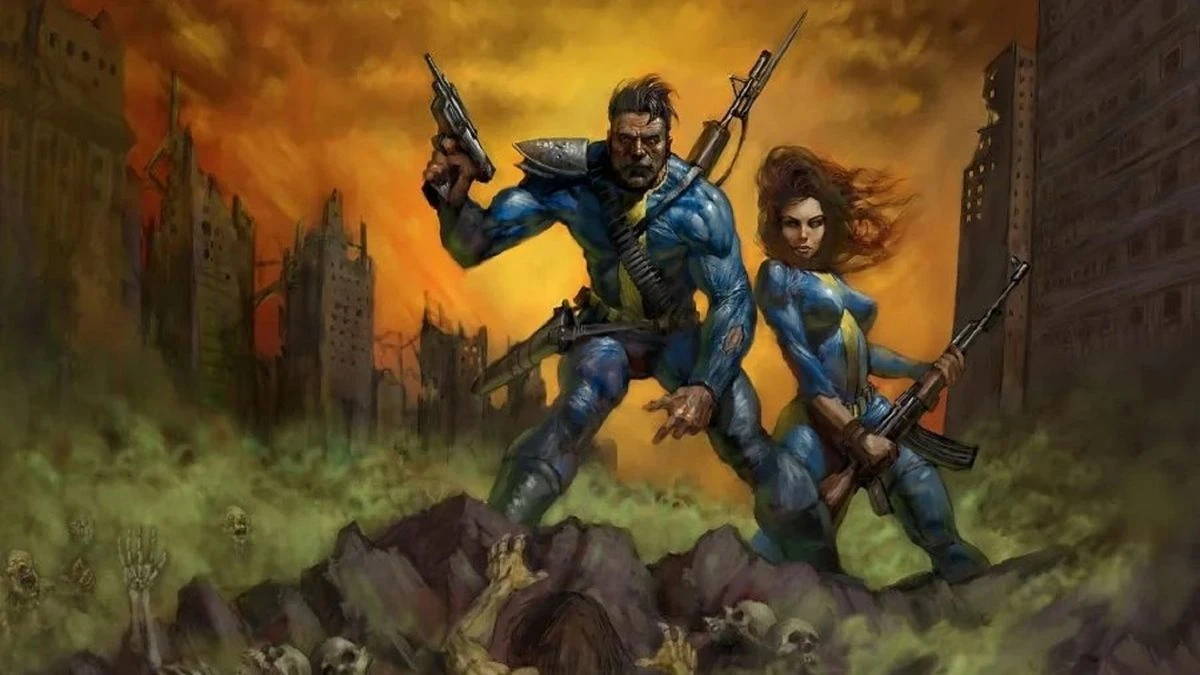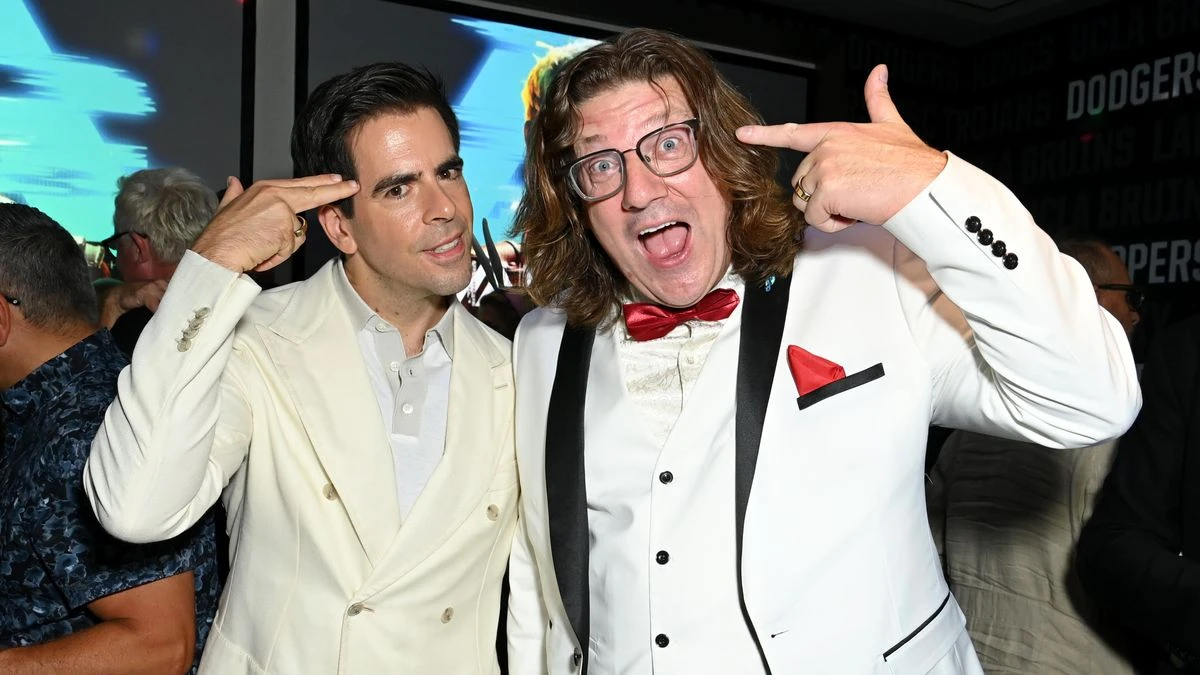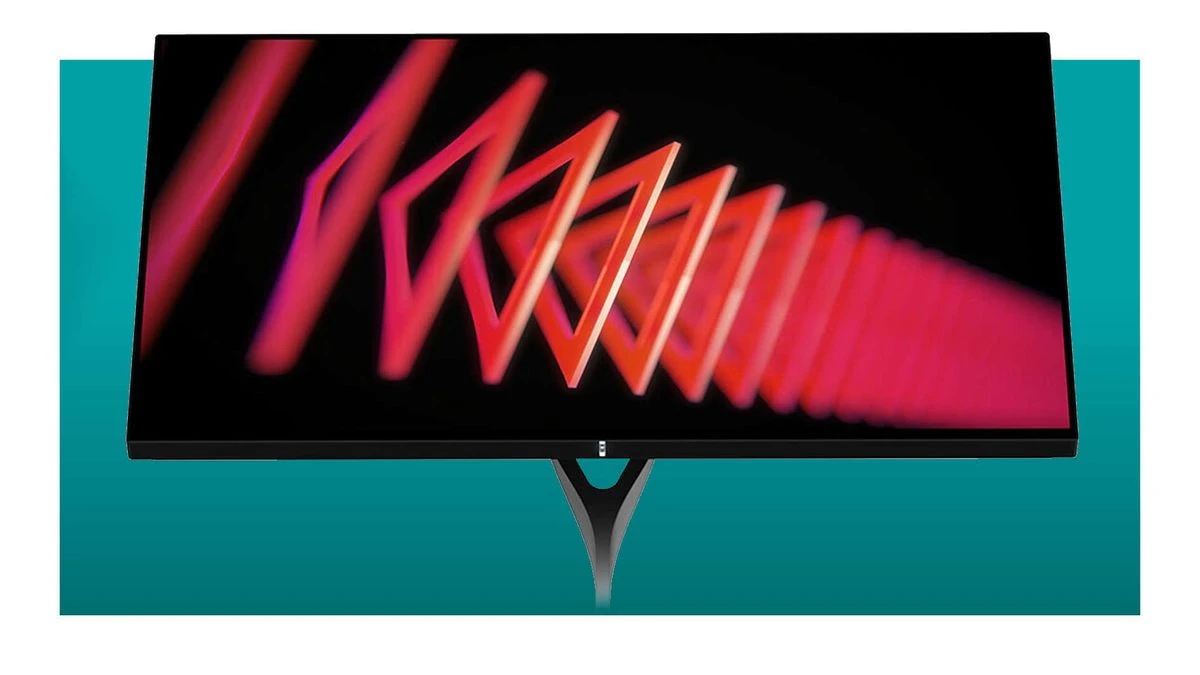After 20 years of negotiation and patience, RPG veteran Brian Fargo was able to buy back memorabilia for Fallout, Baldur's Gate and more. 'It felt like a very exciting storage war'
Brian Fargo, the studio head of inXile Entertainment and co-founder of Interplay, had Christmas early this year. Fargo recently re-acquired Interplay awards and other goodies. He showed them off in a series tweets on X "The Everything App" last month. Fargo explained over email how they had gotten out of his possession and the long journey to get them back.
First, the treasure trove. The majority of the items Fargo displayed were sales awards from the Software Publishers Association, now the Software and Information Industry Association of "Don't Copy that Floppy", famed for its Interplay games. The Consumer Products Council was responsible for the OG Baldur's Gate Plaque, a less musically oriented organization.
Fargo noted on Twitter that those numbers seem quaint compared to the modern colossal sales of Black Myth: Wukong, which sold 10 million units in a single week. "Back in days gone by, you would get a prize for selling 50 or 100 units," Fargo wrote. "Now it's your career's end."
Two pictures in Fargo's collection are outliers: a Fallout 3 poster, from before Bethesda acquired the series, and an enormous poster of Baldur’s Gate 1 villain Sarevok, who should be familiar to new school kids who have only played the third game. Sarevok's piece in the collection is the one that made me envious, but I'm also reminded of how a big part of Baldur Gate 1's story revolves around people wanting to make this evil spiky armored guy the mayor. Democracy is not without flaws.
Fargo told me via email that "When I left Interplay in 2002, I was not able take many things with myself because they were the company's property." "That's how it happens sometimes, but I had an emotional connection to the memorabilia. The current owner didn't." Fargo told me via email.
"It is never easy to see a corporate split, so I knew that I would have to wait for a decade or more before my emotions would subside, so I did not even begin to ask about purchasing the items in the warehouse until 10 years ago."
After the thaw, Fargo claimed it took a decade of "asking and cajoling" Interplay CEO Herve Cen to allow him to buy back the merchandise. "We finally met, agreed on the price and then another 3 months passed! As you would expect, I was very pleased when I received them.
It was like a very exciting version of Storage Wars. I only knew what was inside.
Fargo's favourite piece in the collection is the Fallout Sales Award from the SPA, but he also has a soft corner for the older, less-remembered titles like Battle Chess and Castles, which were "critical to (Interplay's] Survival."
Fargo recalls that the company would have failed several times if the game had not been successful. "Battle Chess is our first published game where we financed development, manufacturing, marketing and all the chips were on the board. Castles was similar to Battle Chess, except for the financial risk. It was our first game that we sold directly to retailers (Battle Chess had been distributed by Activision).
"Activision went bankrupt and couldn't pay the money they owed us. We were in a very perilous situation. To make matters worse, the retailers made us give them credit for the inventory of games that Activision hadn't paid us for. It was a double blow." A very scary period."
Fargo is still looking for a few treasures that Interplay lost. The first are the clay sculpts of Fallout's NPCs, "Talking Heads". The models by Scott Rodenhizer, were posed then digitized to create the key frames for sprites. This rendering style is reminiscent of the stop-motion animation used in many other '90s titles (including Doom and Donkey Kong Country).
Fargo added, "I also tried to obtain the design and vision documents for the games." "That would have provided a great insight into the original thought process behind the classic Interplay game."




Comments